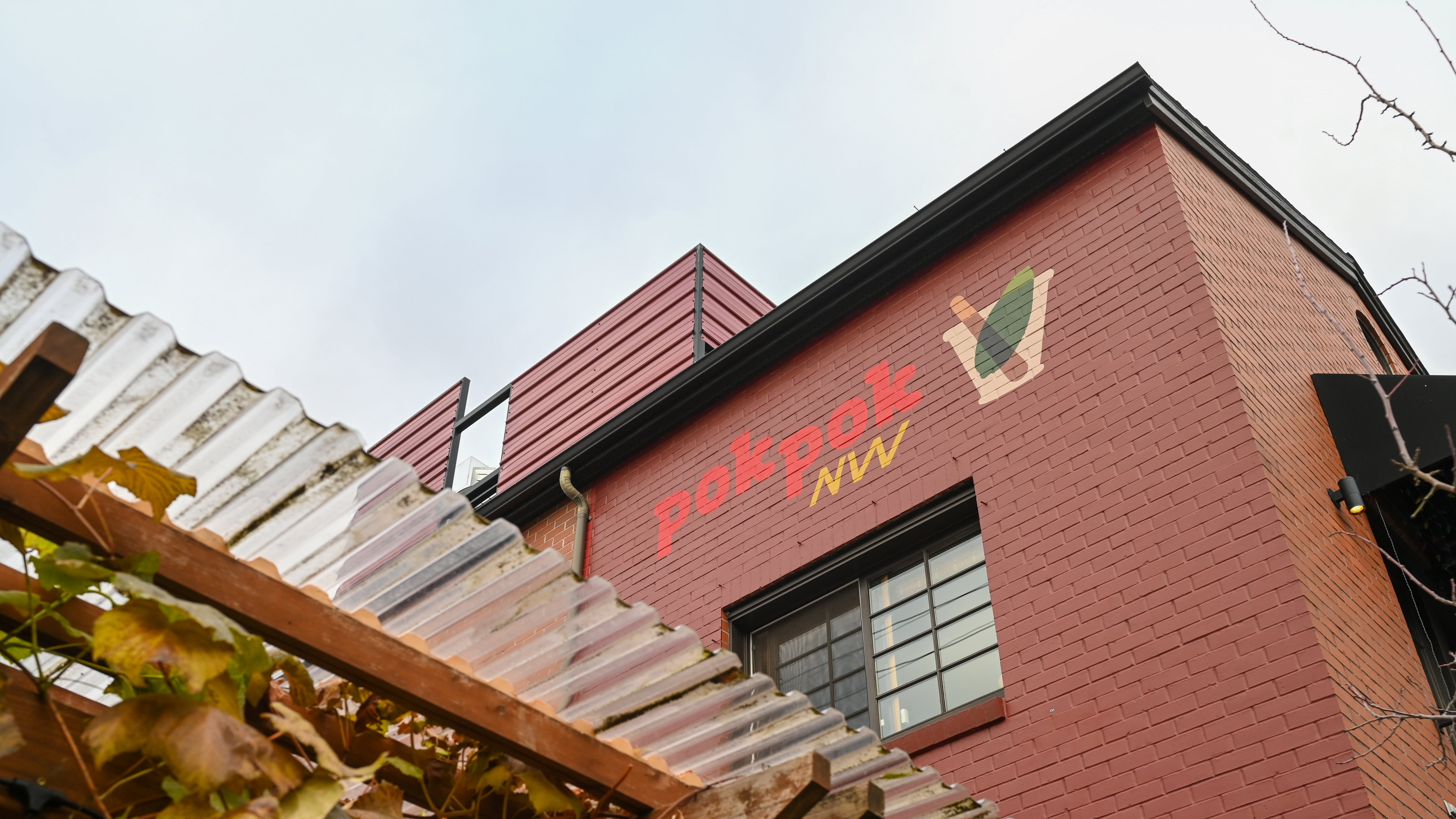The owner of a “ghost kitchen” that advertises over 75 brands on food delivery apps and prepares food in the old Pok Pok building in Northwest Portland told his employees in a Saturday message that the company would be filing for bankruptcy this week.
John Wirtz wrote the following to his employees on Sunday evening, a little over two weeks after WW wrote in a Dec. 15 story about his business and his 2018 felony conviction in Washington County of raping a 14-year-old girl.
A former employee shared a screenshot of the message with WW.
“For all of those asking, I do not have any good answers for you, next week Homage Industrial Kitchen will be entering chapter 11 bankruptcy and restructuring,” Wirtz wrote. “Off this skeleton crew we will try to run the business the best we can in January and hopefully have some answers for its future. If not the business will enter into a liquidation faze where all debts and liabilities will be taken care of.”
Wirtz added: “One of the things this means is anyone that has company property or keys needs to turn them in as they will be registered into the court filings and need to be tracked.”
WW visited the storefront on Monday afternoon. A sign on the door read “CLOSED.” A delivery driver knocked on the glass door, which was blocked by a stack of containers and boxes. A man sitting at the counter inside, who appeared to be the chief financial officer, Seth Thayres, yelled at him that it was closed.
(Thayres was a Salem cop for a number of years until he was arrested and convicted of stealing over $30,000 from businesses alongside an accomplice. He fled to Florida soon after being charged with another rash of crimes. He was sentenced to two years in prison, court documents show.)
WW knocked on the Pok Pok door, too. The man pointed at the sign and yelled, “Closed!” When WW knocked again, he yelled again and threw up his hands in exasperation.
Reached for comment by WW, Wirtz offered a statement that read in part: “The intent of creating [our company]...has been to add value to the community in as positive a way as possible...and your actions and words have been very hurtful not to me but [to] about 43 other good people that every time this gets drug up they have to explain to their families and friends I’m the type of person I am and trying to continue to be rather than what happened in my past.”
Over the past two years, seven former employees of Wirtz’s filed complaints with the Oregon Bureau of Labor & Industries, alleging withheld paychecks, unpaid overtime, and stolen tips. All complaints remained under investigation in mid-December.
When WW spoke to Wirtz in mid-December, he touted his business model as “business by numbers.” (He also claimed that Homage was producing the most food of any ghost kitchen in the entire world.)
“Let’s say you have a new person go on to DoorDash and they don’t recognize any of the brands,” Wirtz said at the time. “If there are 10 brands on there, and you own five of them, you have a 50% chance of them picking you.”
He told WW that 85% of the menus for his brands with similar cuisines—say, Breakfast Burrito Fetish and Blessed Burrito Bowls—is identical.
The ghost kitchen model rose to relevance when the pandemic shut down in-person dining in 2020. Much like Wirtz, but on a nationwide scale, Miami-based Reef Technology capitalized on the burgeoning market. But a recent investigation by WW found that Reef’s footprint in Portland is rapidly shrinking.
Some of Wirtz’s 70 brands listed on apps like Grubhub and DoorDash on Monday afternoon were listed as temporarily closed. The profile for one of those brands on DoorDash, Panini Dreamin’, listed that it was not accepting orders “due to high demand.”

